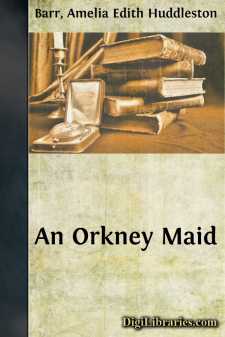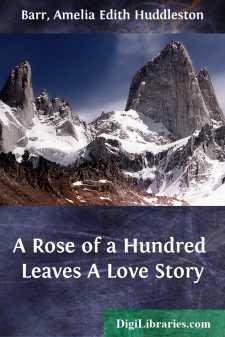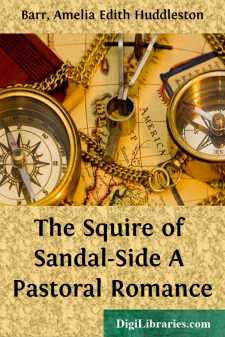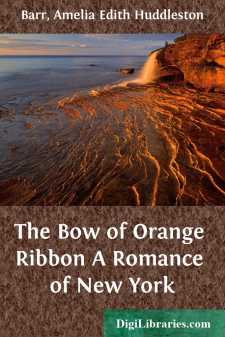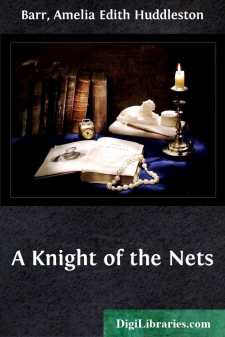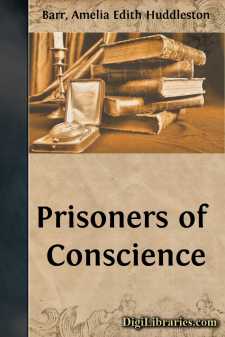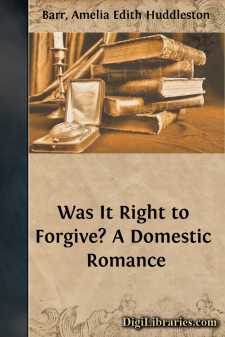Categories
- Antiques & Collectibles 13
- Architecture 36
- Art 48
- Bibles 22
- Biography & Autobiography 816
- Body, Mind & Spirit 145
- Business & Economics 28
- Children's Books 17
- Children's Fiction 14
- Computers 4
- Cooking 94
- Crafts & Hobbies 4
- Drama 346
- Education 58
- Family & Relationships 59
- Fiction 11834
- Foreign Language Study 3
- Games 19
- Gardening 17
- Health & Fitness 34
- History 1378
- House & Home 1
- Humor 147
- Juvenile Fiction 1873
- Juvenile Nonfiction 202
- Language Arts & Disciplines 89
- Law 16
- Literary Collections 686
- Literary Criticism 179
- Mathematics 13
- Medical 41
- Music 40
- Nature 179
- Non-Classifiable 1768
- Performing Arts 7
- Periodicals 1453
- Philosophy 66
- Photography 2
- Poetry 897
- Political Science 203
- Psychology 45
- Reference 154
- Religion 516
- Science 126
- Self-Help 85
- Social Science 82
- Sports & Recreation 34
- Study Aids 3
- Technology & Engineering 59
- Transportation 23
- Travel 463
- True Crime 29
Our website is made possible by displaying online advertisements to our visitors.
Please consider supporting us by disabling your ad blocker.
An Orkney Maid
Description:
Excerpt
Yesterday morning this thing happened to me: I was reading the New York Times and my eyes suddenly fell upon one word, and that word rang a little bell in my memory, “Kirkwall!” The next moment I had closed my eyes in order to see backward more clearly, and slowly, but surely, the old, old town––standing boldly upon the very beach of the stormy North Sea––became clear in my mental vision. There was a whole fleet of fishing boats, and a few smart smuggling craft rocking gently in its wonderful harbour––a harbour so deep and safe, and so capacious that it appeared capable of sheltering the navies of the world.
I was then eighteen years old, I am now over eighty-six; and the straits of Time have widened and widened with every year, so that many things appear to have been carried away into forgetfulness by the stress and flow of full waters. But not so! They are only lying in out-of-the-way corners of consciousness, and can easily be recalled by some word that has the potency of a spell over them.
“Kirkwall!” I said softly, and then I began to read what the Times had to say about Kirkwall. The great point appeared to be that as a rendezvous for ships it had been placed fifty miles within the “made in Germany” danger zone, and was therefore useless to the British men-of-war. And I laughed inwardly a little, and began to consider if Kirkwall had ever been long outside of some danger zone or other.
All its myths and traditions are of the fighting Picts and Scots, and when history began to notice the existence of the Orkneys it was to chronicle the struggle between Harold, King of Norway, and his rebellious subjects who had fled to the Orkneys to escape his tyrannical control. And of the danger zones of every kind which followed––of storm and battle and bloody death––does not the Saga of Eglis give us a full account?
This fight for popular freedom was a failure. King Harold conquered his rebellious subjects, and incidentally took possession of the islands and the people who had sheltered them. Then their rulers became Norwegian jarls––or earls––and there is no question about the danger zones into which the Norwegian vikings carried the Orcadeans––quite in accord with their own desire and liking, no doubt. And the stirring story of these years––full of delightful dangers to the men who adventured them––may all be read today in the blood-stirring, blood-curdling Norwegian Sagas.
In the middle of the fifteenth century, James the Third, King of Scotland, married Margaret of Denmark, and the Orcades were given to Scotland as a security for her dowry. The dowry was never paid, and after a lapse of a century and a half Denmark resigned all her Orcadean rights to Scotland. The later union of England and Scotland finally settled their destiny.
But until the last century England cared very little about the Orcades. Indeed Colonel Balfour, writing of these islands in A. D. 1861, says: “Orkney is a part of a British County, but probably there is no part of Europe which so few Englishmen visit.” Colonel Balfour, of Balfour and Trenabie, possessed a noble estate on the little isle of Shapinsay. He enthused the Orcadeans with the modern spirit of improvement and progress; he introduced a proper system of agriculture, built mills of all kinds, got laws passed for reclaiming waste lands, and was in every respect a wise, generous, faithful father of his country. To Americans Shapinsay has a peculiar interest. In a little cottage there, called Quholme, the father and mother of Washington Irving lived, and their son Washington was born on board an American ship on its passage from Kirkwall to New York.
However, it is only since A....


